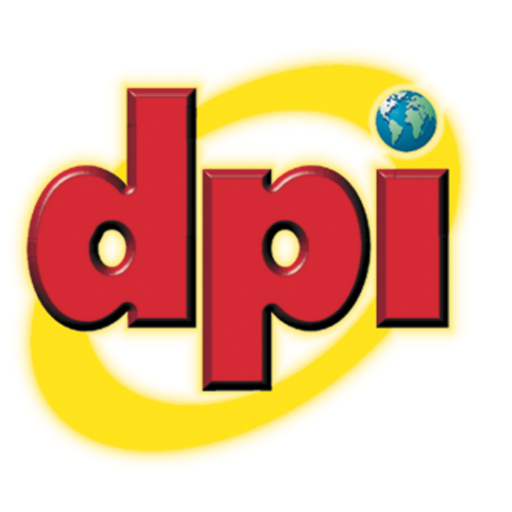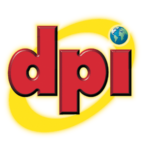As a leading SEO and copywriting expert, we understand the importance of optimizing your website for local search. In today’s competitive digital landscape, it is crucial for location-based businesses to employ effective strategies that not only enhance their online visibility but also drive organic traffic. In this comprehensive guide, we will delve into the world of local SEO tactics, empowering you with the knowledge to outrank your competitors and attract a steady stream of potential customers.
Claim and Optimize Your Google My Business Listing
To kickstart your local SEO efforts, claiming and optimizing your Google My Business (GMB) listing is paramount. GMB is a free and powerful tool offered by Google that allows businesses to showcase their information on Google Search and Maps. Ensure that your GMB listing contains accurate and up-to-date information about your business, including your address, phone number, website, and operating hours. Additionally, leverage the opportunity to add compelling descriptions, attractive visuals, and customer reviews to enhance your online presence.
Consistent Name, Address, and Phone (NAP) Information
Consistency is key when it comes to local SEO. Ensure that your business’s name, address, and phone (NAP) information is consistent across all online platforms, including your website, GMB listing, social media profiles, and online directories. Inconsistencies in your NAP information can confuse search engines and potential customers, hampering your search rankings and credibility. Be meticulous in ensuring that your NAP details are accurate, up-to-date, and consistently represented across the digital landscape.
Localize Your Website Content
Crafting localized and engaging content is essential for attracting organic traffic to your location-based business website. Incorporate relevant keywords, including location-specific terms, throughout your website’s content, headings, meta tags, and URLs. For example, if you are a bakery in New York City, strategically integrate keywords like “best bakery in NYC” or “New York City bakery” to optimize your website for local searches. However, remember to maintain a natural flow of language and avoid keyword stuffing, as search engines prioritize quality and user experience.
Build High-Quality Backlinks from Local Sources
Building a strong backlink profile is crucial for improving your website’s authority and search rankings. Focus on acquiring high-quality backlinks from local sources, such as reputable local directories, industry-specific associations, and local news publications. Engage in strategic outreach to local influencers, bloggers, and businesses, fostering relationships that can lead to valuable backlinks. Additionally, ensure that your website’s content is link-worthy, informative, and relevant, enticing others to naturally link to your pages.
Leverage Online Reviews and Ratings
Online reviews and ratings have a significant impact on consumer purchasing decisions and search rankings. Encourage your satisfied customers to leave positive reviews on platforms like Google, Yelp, and industry-specific review sites. Respond promptly and professionally to both positive and negative reviews, demonstrating your commitment to customer satisfaction. Proactively manage your online reputation, as positive reviews and high ratings not only influence potential customers but also signal to search engines that your business is reputable and deserving of higher search visibility.
Implement Local Structured Data Markup
Local structured data markup provides search engines with structured information about your business, improving your chances of appearing in relevant local search results. Implement schema markup on your website, specifically structured data related to your business’s name, address, phone number, opening hours, reviews, and other relevant details. This helps search engines understand and display your information accurately, increasing the likelihood of attracting local organic traffic.
Enhance Website Loading Speed and Mobile Responsiveness
In the era of mobile dominance, optimizing your website for mobile devices is crucial for local SEO success. Ensure that your website is mobile-friendly and responsive, providing a seamless user experience across various devices and screen sizes. Additionally, prioritize website loading speed by optimizing images, minifying code, leveraging caching techniques, and choosing a reliable hosting provider. A fast and mobile-responsive website not only enhances user experience but also improves your search rankings, as search engines prioritize websites that deliver optimal performance.
Engage in Local Content Marketing
Content marketing remains a powerful tool for driving organic traffic and establishing your brand as an industry authority. Create compelling and informative content that caters to the needs and interests of your local audience. Craft blog posts, articles, videos, and infographics that address local topics, share local success stories, and provide valuable insights. Promote your content through various channels, including social media, email newsletters, and local partnerships. Engaging in local content marketing helps you connect with your target audience on a deeper level while establishing your website as a go-to resource in your community.
Monitor and Analyze Your Local SEO Efforts
Implementing local SEO tactics is an ongoing process that requires continuous monitoring and analysis. Leverage tools like Google Analytics and Google Search Console to track your website’s performance, traffic sources, keyword rankings, and user behavior. Regularly review your local SEO strategy, identify areas for improvement, and make data-driven decisions to optimize your website’s visibility and organic traffic. Stay updated with the latest trends and algorithm changes in the SEO industry to ensure that your efforts remain effective and aligned with best practices.
In conclusion, outranking other websites and attracting organic traffic for your location-based business requires a comprehensive local SEO strategy. By claiming and optimizing your Google My Business listing, ensuring consistent NAP information, localizing your website content, building high-quality backlinks, leveraging online reviews, implementing structured data markup, enhancing website loading speed and mobile responsiveness, engaging in local content marketing, and monitoring your efforts, you can establish a strong online presence and drive valuable organic traffic to your business. Embrace the power of local SEO and unlock the potential to outrank your competitors in Google search results.





